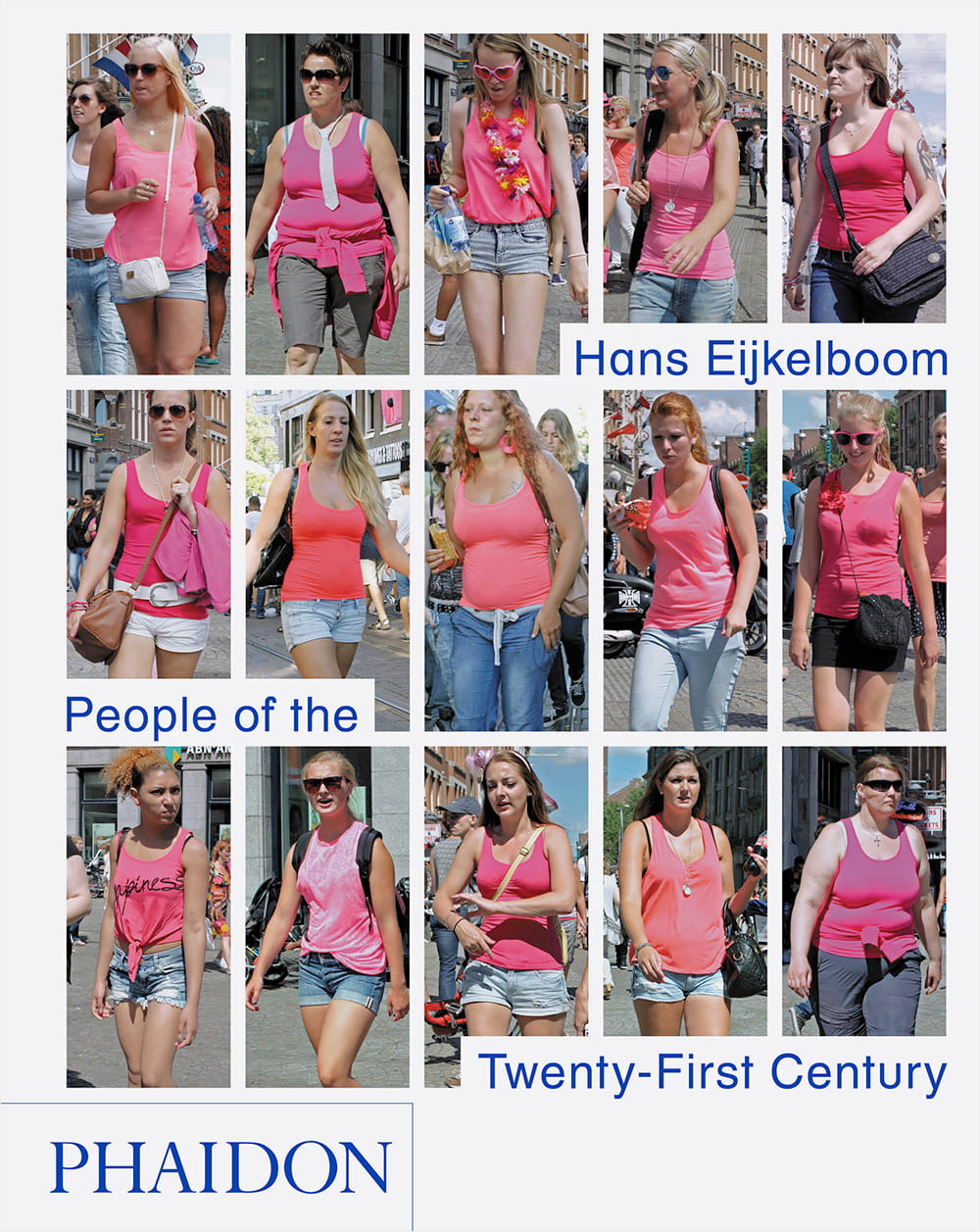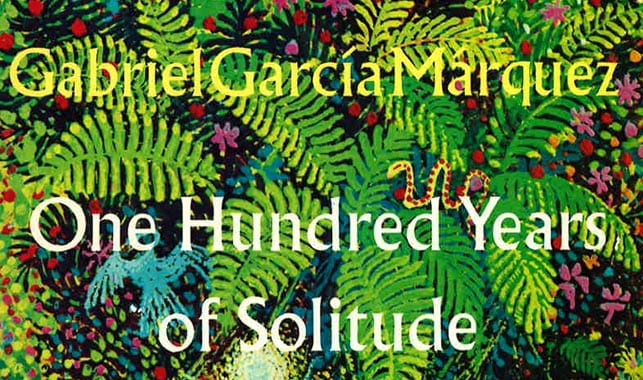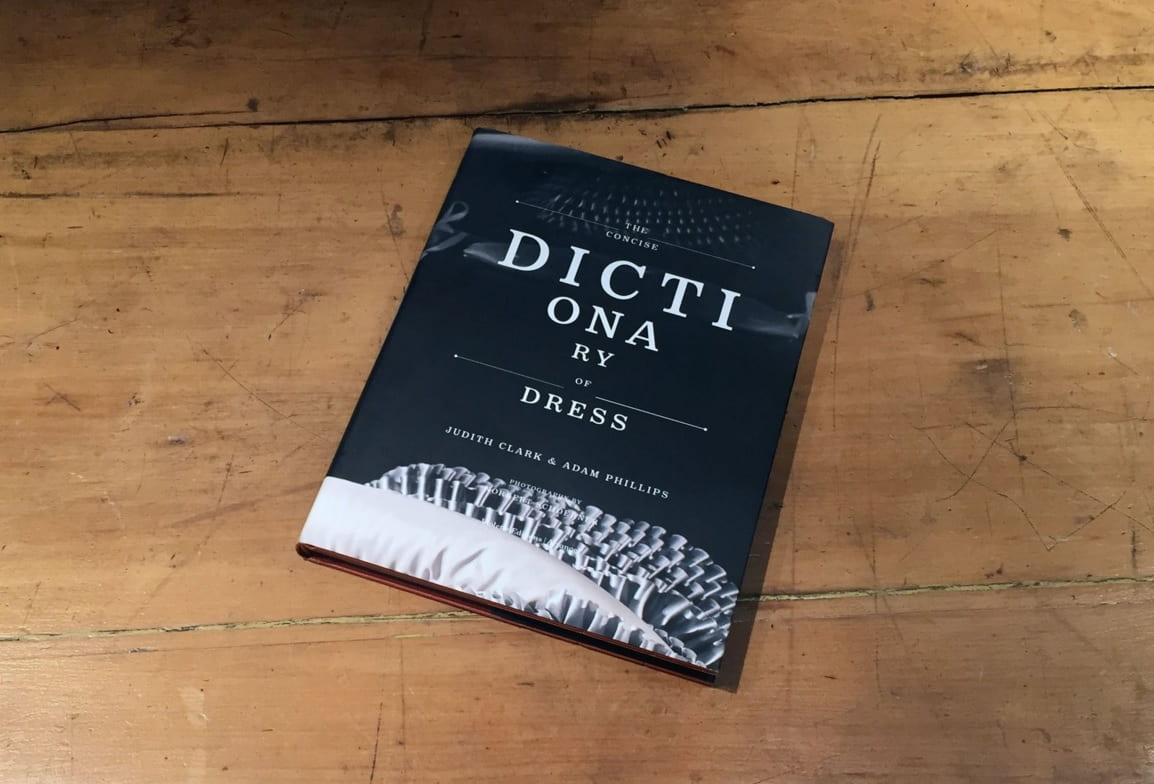The Fashion Reader is a series where I explore the books that have influenced, inspired and intrigued me. I share stories about writers who have provided that creative spark, those who have shaped my beliefs and those who have simply been a pleasure to read. With some, the link to fashion will be obvious, with others, the relevance to women in fashion might be more subtle. Either way, I hope you enjoy reading…
Of all the writers who have influenced my thinking, Jean Rhys is one of the most significant.
Rhys is known primarily for her novel Wide Sargasso Sea, a prequel to Jane Eyre, written from the perspective of Bertha.
In Charlotte Bronte’s Jane Eyre, Bertha is the madwoman locked in the attic by her husband Rochester. We learn little about Bertha in Bronte’s novel, she is just presented as a devilish white woman from the Caribbean whom Rochester was forced into marrying.
However, Rhys, who grew up in the Caribbean island of Dominica, gives Bertha a voice and her own side of the story to tell.

In the retelling, Bertha is Antoinette Cosway, a white Creole heiress, who grew up in Jamaica but falls into an unhappy marriage to an Englishman. He renames her Bertha, forces her to move to England and finding herself in an oppressive, patriarchal society in which she belongs neither to the white Europeans nor the black Jamaicans, ‘Bertha’ descends into madness.
Throughout the book Rhys explores different types of marginalisation, whether that be through gender, class, race or mental health. Rhys’ novel broke conventions by bringing the story of Bertha to the foreground and giving a voice to the neglected and silenced female.
I think the book is a powerful example of feminist rewriting, Wide Sargasso Sea gives voice to a marginalized character and turns a tragic character into a sort of heroine.
Rhys was a marginalized character herself, plagued by maternal neglect, poverty, racism, alcoholism, divorces, imprisonment, prostitution and abortions, she often had to turn to men for financial support. She felt first-hand the burden of being a single woman in a patriarchal culture, so it is no surprise that this was a theme she explored in much of her writing.
Rhys’s first four novels—Postures or Quartet (1928), After Leaving Mr. Mackenzie (1930), Voyage in the Dark (1934), and Good Morning Midnight (1939)—are characterised by heroines who lead lonely lives as outsiders and question the traditions of male-dominated society.
It is these females characters who draw me to Rhys and continue to inspire me. For me Rhys was a writer who was clearly ahead of her time.




